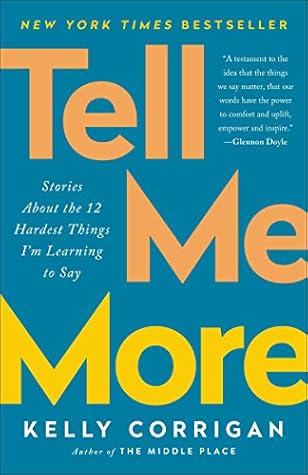More on this book
Community
Kindle Notes & Highlights
Read between
November 13 - December 16, 2020
Tish and her healer hands were going to change my face—possibly my life.
Then I remembered that nothing short of a surgical instrument changes your face. If exotic oils and gels made any difference, everyone who could afford them would look much better, and we don’t. Still, it felt good.
Tish could see my skin’s future and it was headed nowhere good.
Now that the girls are what educators and marketers call young adults, I’ve heard it suggested that we stand back and let them make mistakes, give them “agency.” But no one’s seriously recommending we abdicate power to teens, right? I mean, think about it. Their prefrontal cortexes aren’t even talking to the rest of their brains. They’re slaves to their amygdalas, fighting or taking flight robotically, without the benefit of reason. Fully half of them get boners during calculus.
There’s no expectation of some linear progression from agony to okayness. It goes in circles. It’s sloppy.”
Is there a broth more restoring than company?
shouting. No to Bridesmaids and Step Brothers.
Little noes prepare us for the big noes that define the major movements of our lives.
When we were children, no came so easily to the lips. Wearing a coat? Turning off the TV? Leaving your sister alone? No chance. But then we became civilized. We aged into self-consciousness. Saying no started to feel rude or insubordinate, mean or lazy, withholding or dangerous. There’s hardly a positive intention associated with no. Except self-preservation.
Edward was doing the one thing that would keep us together: taking care of himself. As with my parents, sometimes the art of relationship is declaring your limits, protecting your boundaries, saying no.


